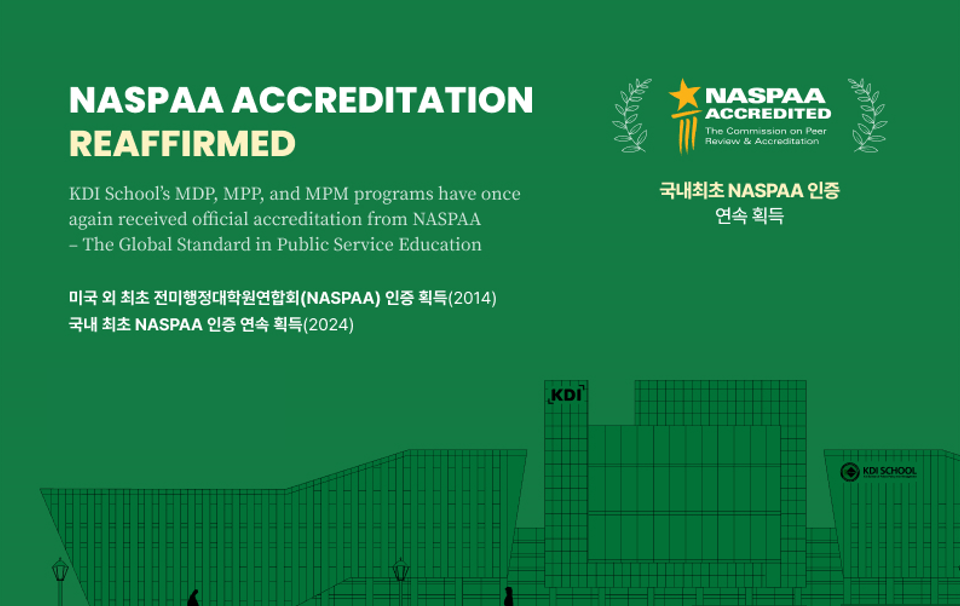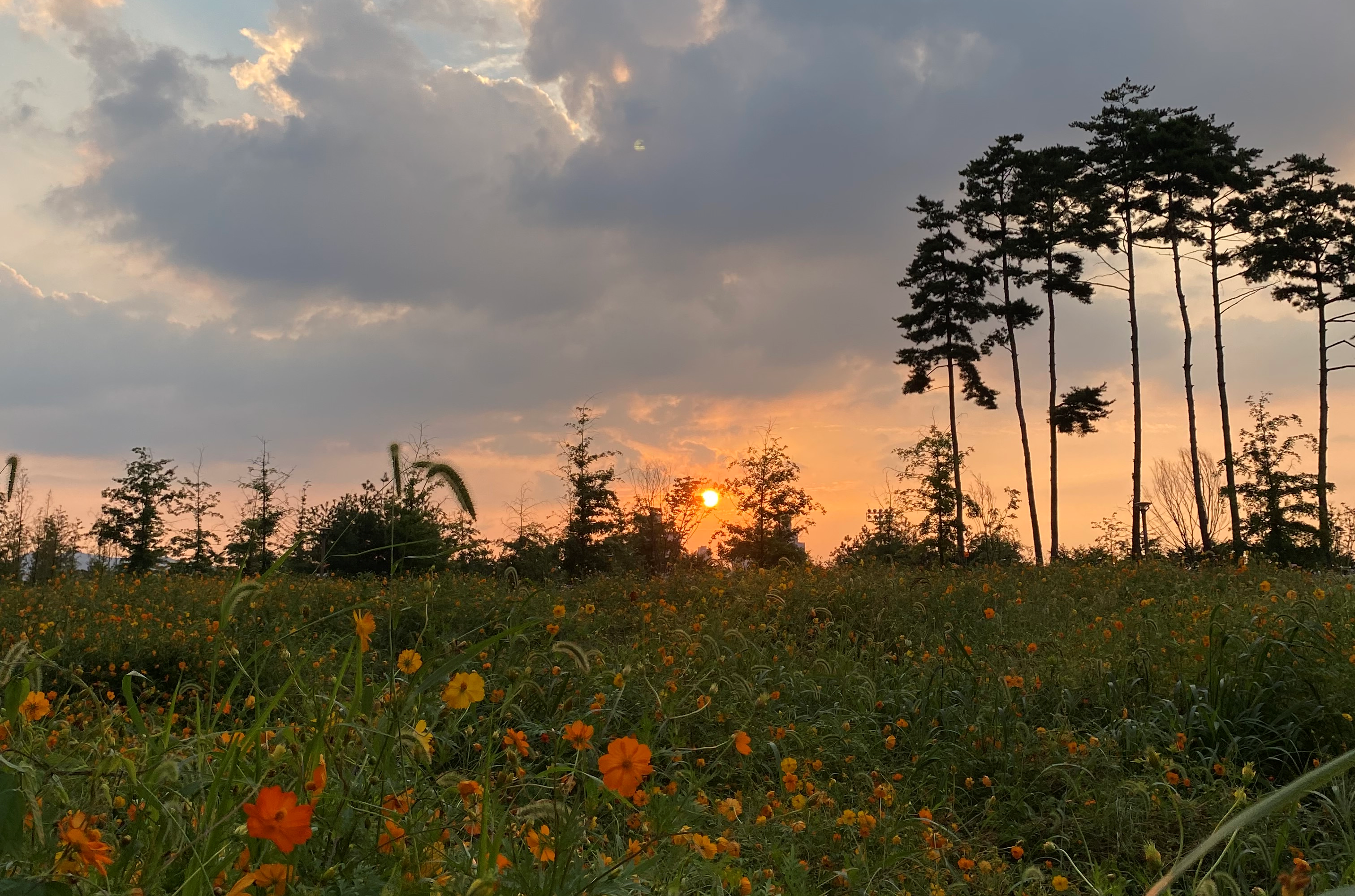
Welcoming Prof. Jisung Yoon: A Newly Appointed Assistant Professor
- Date 2024-06-11 17:32
- CategoryStory
- Hit1408
Assistant Professor Jisung Yoon has recently been appointed to KDIS. We are very delighted to welcome him to the KDI School of Public Policy and Management (KDIS). As a scholar and dedicated professional, Prof. Yoon brings a wealth of knowledge and experience that will undoubtedly enrich our community. This interview aims to introduce him to the KDIS family, explore his professional journey, academic interests, hobbies and his vision in contributing to our vibrant community. You are most welcome, Professor. Feel at home, here at KDIS.
Could you please tell us about yourself, your educational background and how it has shaped your career?
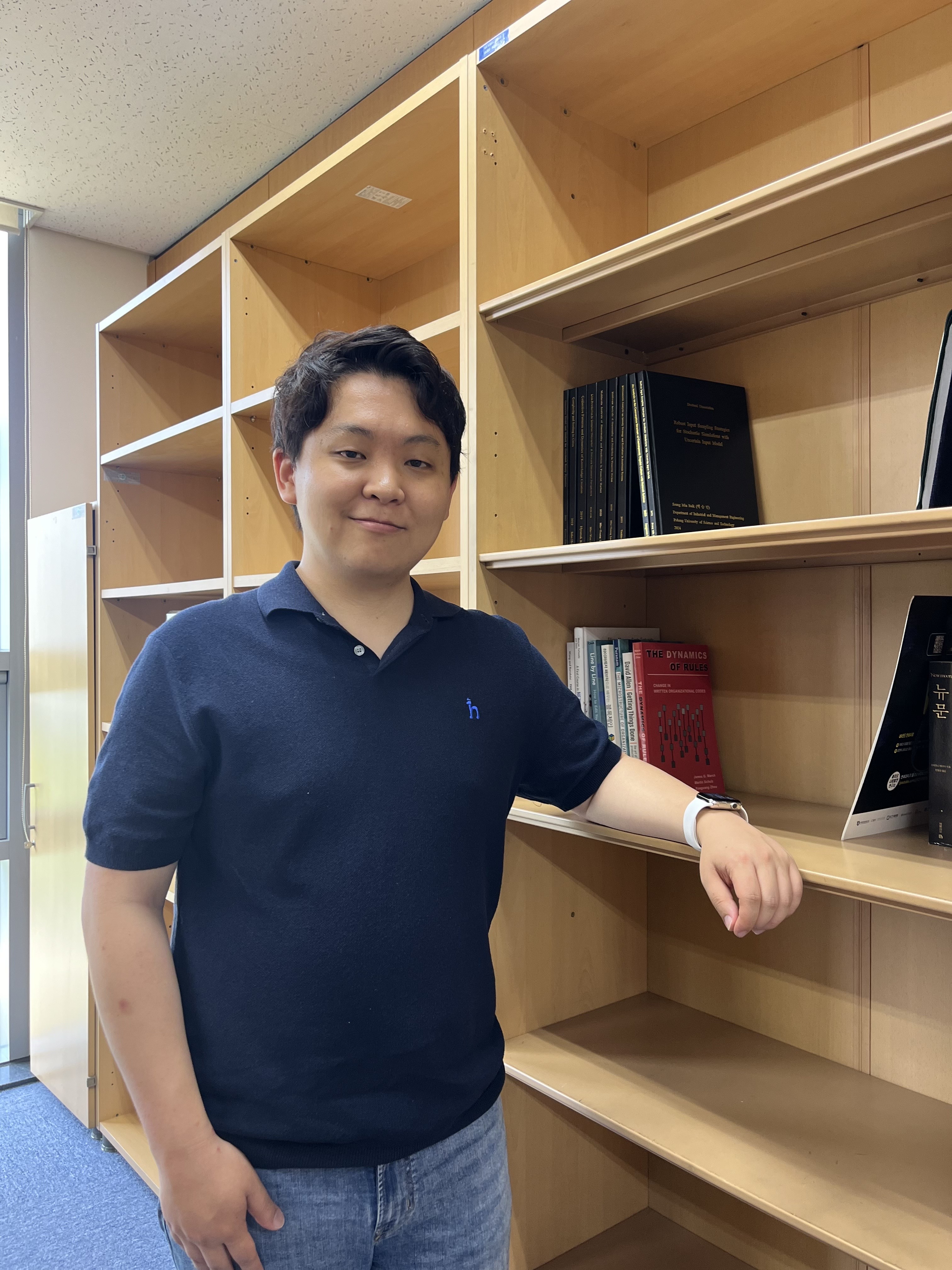
I usually introduce myself as a computational social scientist, who combines methods and techniques from computer science, statistics, and the social sciences to study human behavior and social phenomena through data and computational models. I got my Ph.D. in Industrial and Management Engineering from Pohang University of Science and Technology (POSTECH) in South Korea. During my Ph.D., I focused on applying AI/ML to study social phenomena such as innovation dynamics, human mobility, and collective intelligence, rather than solely developing methods. This background led me to work as a postdoctoral fellow at the Kellogg School of Management, Northwestern University, where I expanded my interest into data-driven organization studies. My educational background has provided me with a strong foundation in computational social science, network science, machine learning, and their applications to various domains including public policy.
What are some key positions or roles you have held in the past that have been particularly influential in your professional development? What are some of the most significant projects you have worked on?
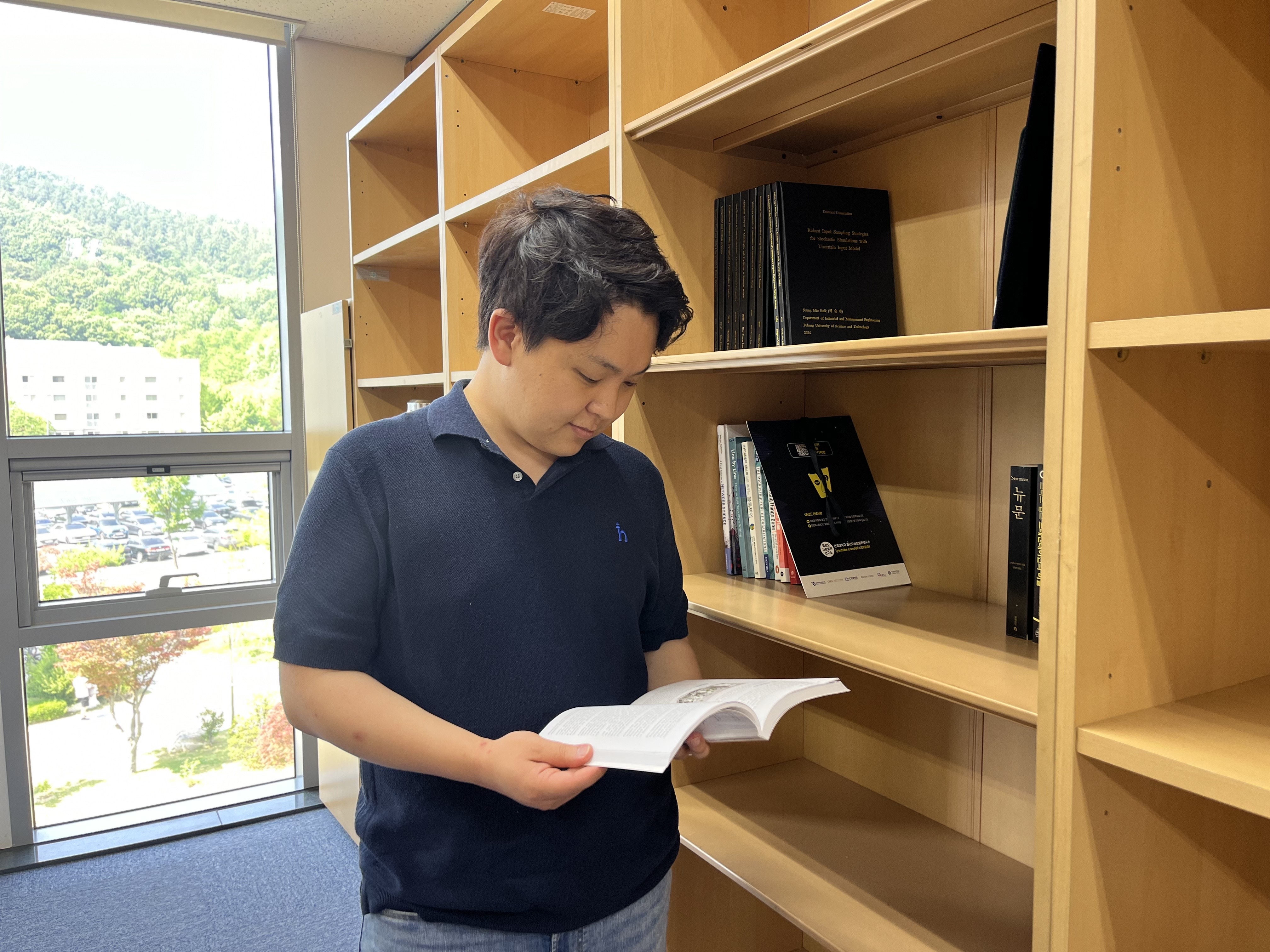
I would like to share two influential experiences from the past. First, during my Ph.D., I had the opportunity to be a visiting researcher at the Center for Complex Networks and Systems Research at Indiana University Bloomington for 1.5 years. There, I worked on graph machine learning and its applications in innovation studies, which helped me find my identity as a computational social scientist. Second, fortunately, I had the chance to study coordination mechanisms and costs in organizations during my postdoctoral fellowship. This experience aligned more closely with social science, but I could leverage my computational skills from my experiences. Moreover, I expanded my collaboration network to the Santa Fe Institute, which is dedicated to the multidisciplinary study of fundamental principles of complex adaptive systems, including social systems.
What are your main research interests, and what drew you to these areas? Are there any current or upcoming research projects that you are particularly excited about?
My main research interests lie in computational social science, network science, innovation, organization study and developing machine learning algorithms for social studies. Recently, I have been particularly intrigued by the collective dynamics of human behavior and how they shape and are shaped by social structures and technological systems. One project I am excited about is exploring the coordination mechanisms and costs in organizations, which aims to understand what factors contribute to the effective coordination of individuals into a collective entity.
Can you please share your motivation for joining KDI School? What motivated you to join and pursue this institution as an assistant professor?
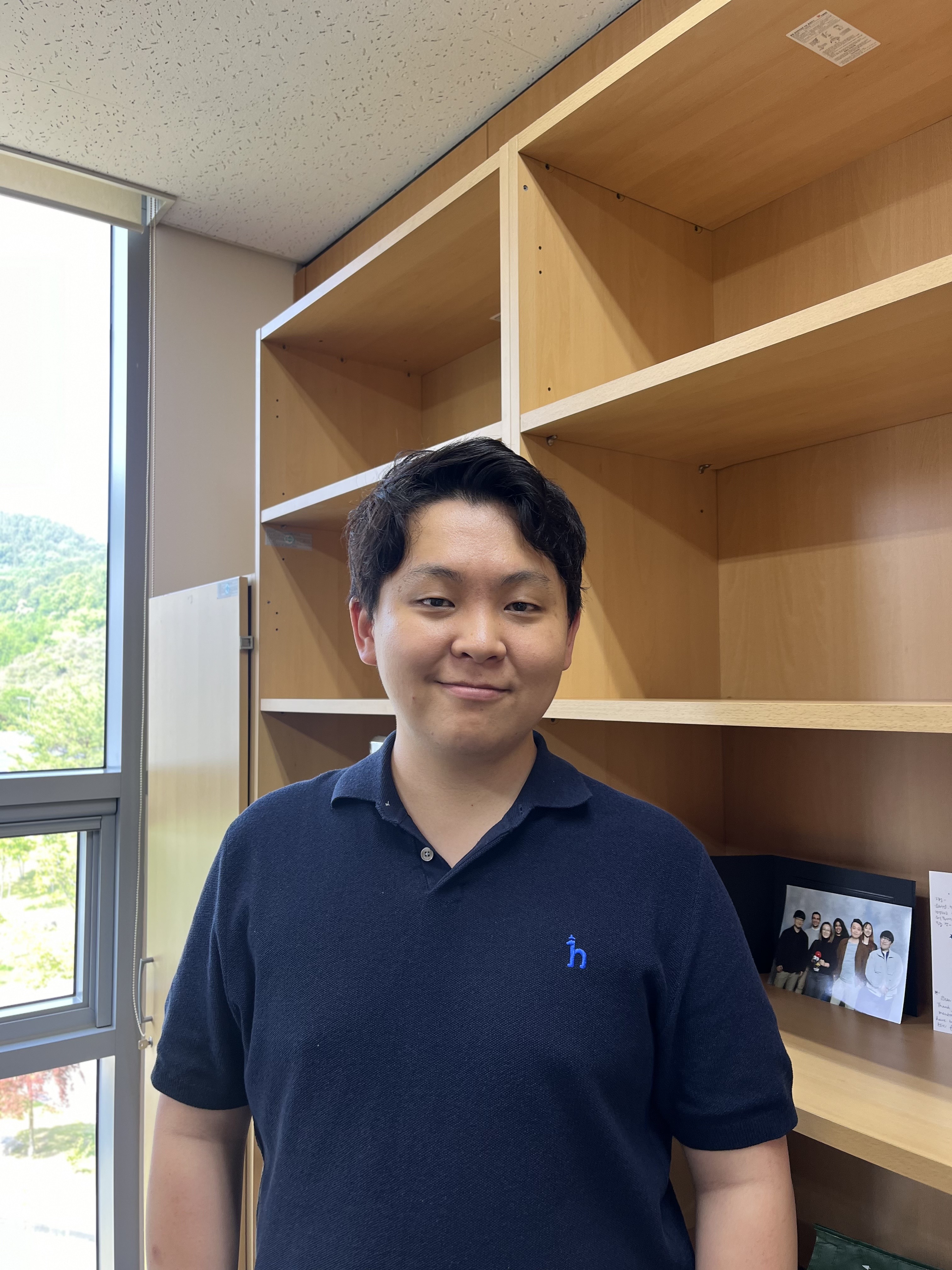
KDI School's reputation as a leading institution for public policy and management, combined with its strong recent attention on interdisciplinary research and data-driven approaches, made it an attractive destination for me. As I know so far, KDI School is one of the pioneering institutions in the Republic of Korea that actively hires computational social scientists as faculty members. Additionally, I was drawn by the opportunity to contribute to the school's mission of addressing real-world policy challenges through rigorous research and education.
How do you plan to involve KDIS students in your research? How do you envision contributing to the academic and professional growth of the KDIS community?
I am eager to involve KDIS students in my research projects, either through research assistantships, independent study projects, or collaborative work if students are interested. I believe that involving students in cutting-edge research is not only beneficial for their academic and professional growth but also enriches the research itself with diverse perspectives and fresh ideas. Additionally, as a researcher in computer science, I am also interested in offering methodological advice on students' own projects or topics of interest. I am happy to collaborate with students who have interesting research ideas or unique data. If you have an idea, please email me and visit my office.
Outside of your professional work, what hobbies or activities do you enjoy? Are there any aspects of Korean culture or the KDIS community that you are particularly looking forward to exploring?
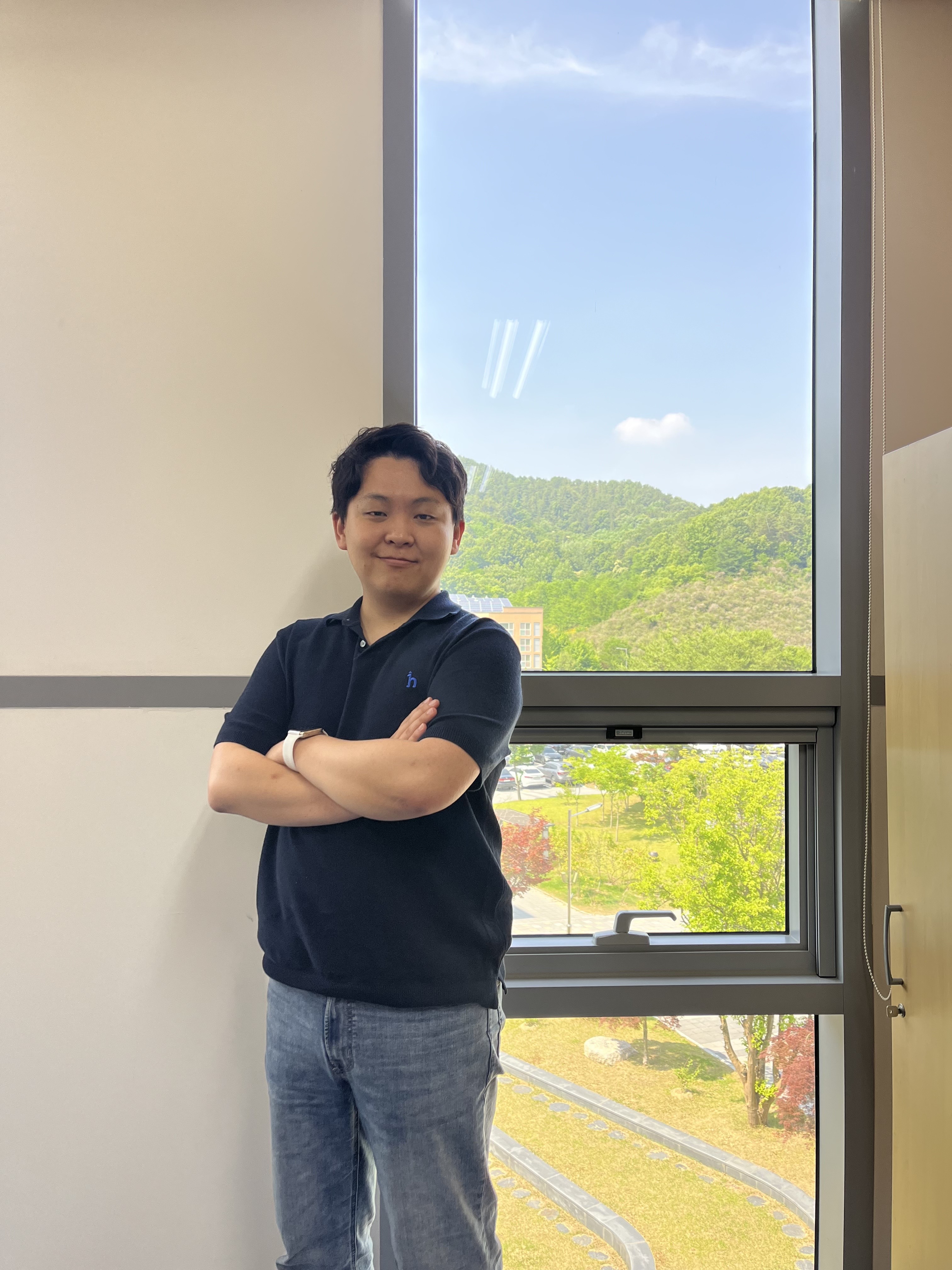
Basically, I am a foodie. I enjoy brewing and tasting different types of coffee, experimenting with new cuisines from around the world, and cooking traditional Korean dishes. As a new hobby, I plan to take tennis lessons in the near future, as I have heard there are many great players in the KDIS community. I am really looking forward to it.
What advice would you give to students who are eager to follow a similar career path?
For students interested in pursuing a similar career path, my advice is to embrace an open and multidisciplinary mindset. As barriers between disciplines diminish, there is a strong tendency toward collaborative research that integrates diverse perspectives and methodologies. Stay curious, seek opportunities to learn from different domains, and continuously expand your skill set in data science and emerging technologies. The most significant breakthroughs often occur at the intersection of disciplines, where researchers from diverse backgrounds come together to tackle complex problems. By fostering collaborations and maintaining an open mind, you can position yourself at the forefront of computational social science and make valuable contributions to our understanding of human behavior and social phenomena.
What are your hopes for your first year at KDIS?
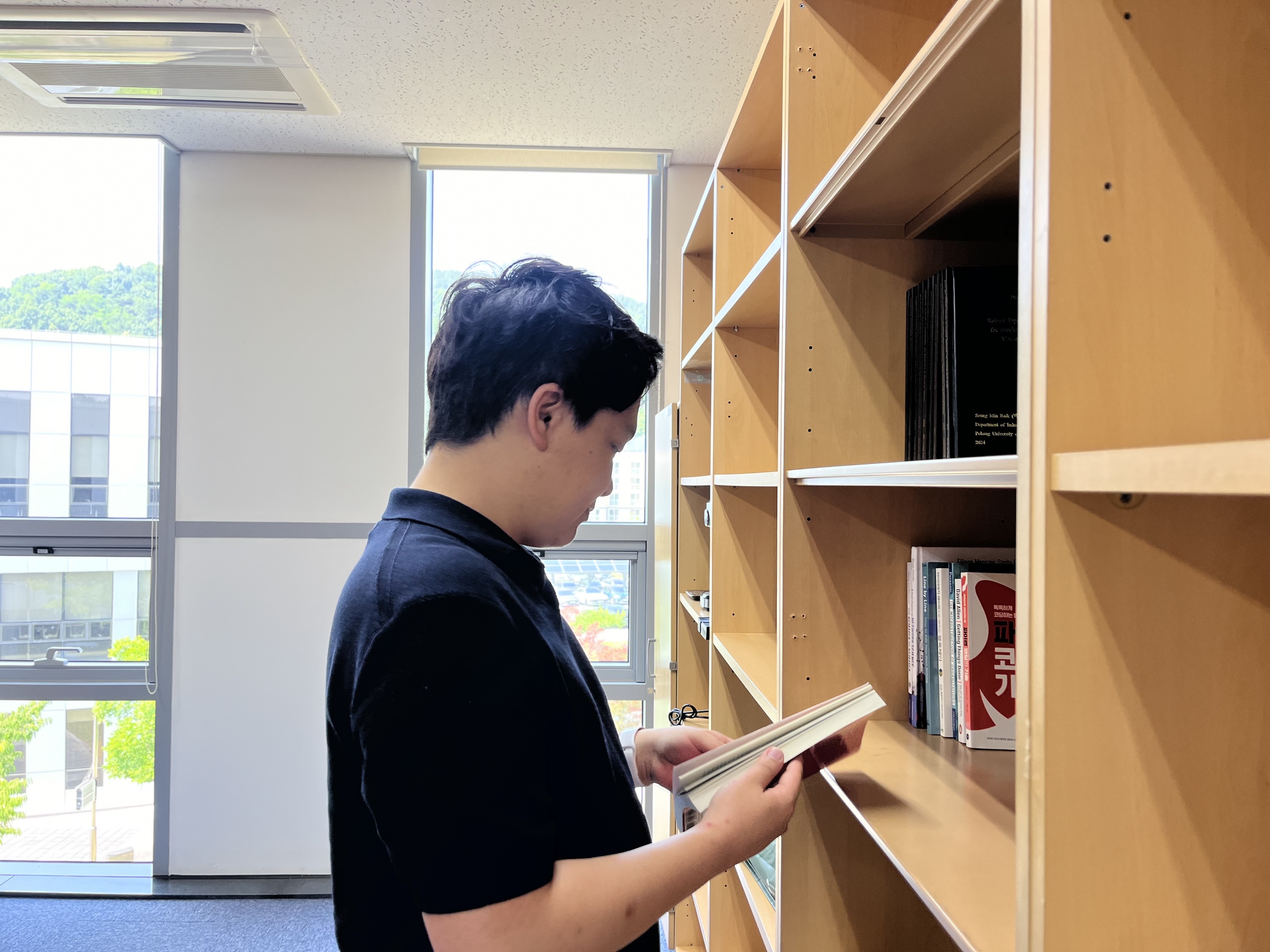
In my first year at KDIS, I hope to establish a productive research program, foster meaningful collaborations with colleagues and students, and contribute to the school's academic and intellectual environment through engaging courses and seminars. I also look forward to exploring opportunities for interdisciplinary research and contributing to policy-relevant discussions.
I am truly grateful for the warm welcome and excited to be part of the KDIS community. I look forward to engaging with students, faculty, and staff via research, teaching, and service.
We are thrilled to have you at KDIS and look forward to the many contributions you will make to the school. Please join us to welcome Professor Jisung and make him feel at home here at KDIS.
2024 Spring / MDP / Uganda
gtukamwesiga2017@gmail.com
Related News
-

Research and Education1 day ago
Republic of Korea Economic Bulletin, July 2025#KDI #Economic #KDISCHOOL #kdischool #Economic Bulletin #Research
-
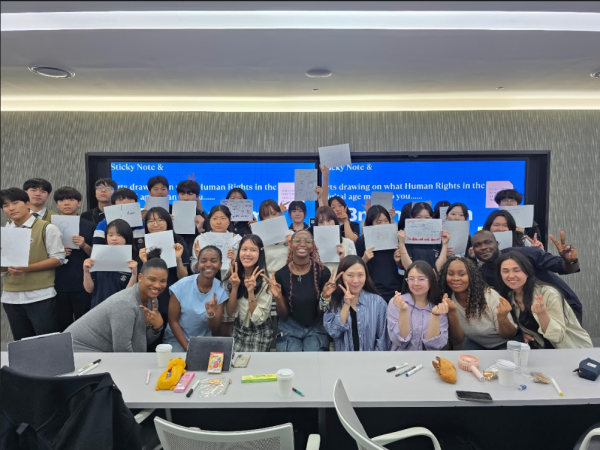
Story4 days ago
Summer 2025 Talent Donation Program: KDIS Forums Host Sejong High School Students#KDISCHOOL #KDIS #student #talent donation #student forums #student clubs
-
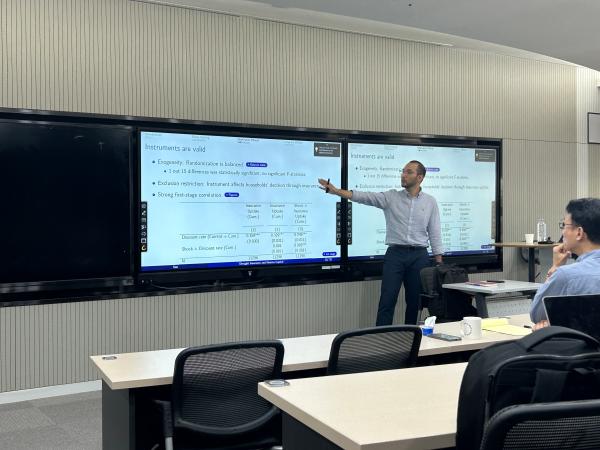
Research and Education5 days ago
Research Seminar by Hyuk Harry Son from Utrecht University

